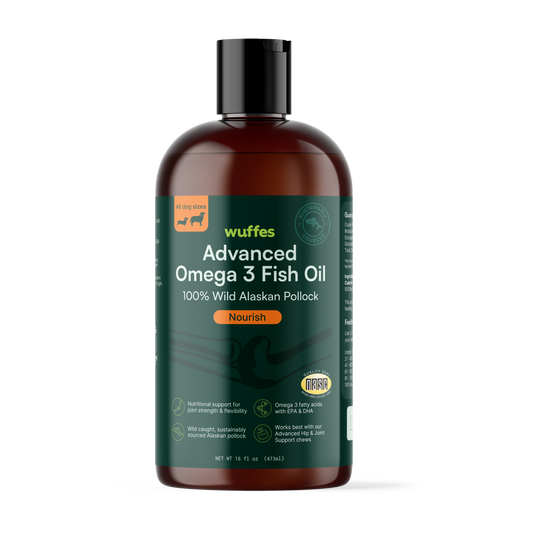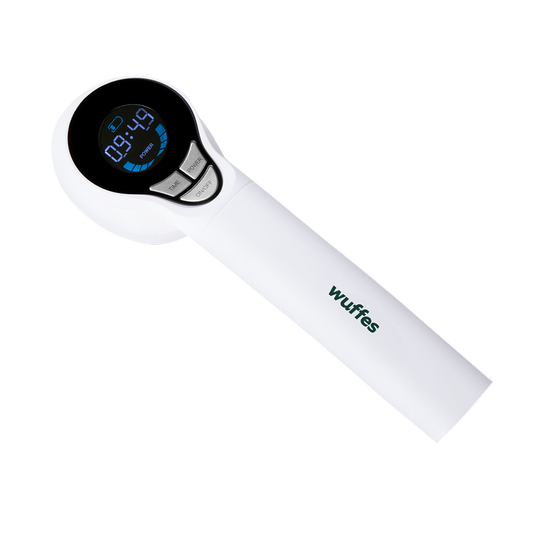Dogs can contract various types of diseases, including bacterial, viral, and fungal infections. While bacterial and viral infections pose significant risks, fungal infections can also affect your dog’s health if left untreated.
Nutritional supplements like 100% pure fish oil and multivitamins can play a role in supporting your dog's immune system and overall health.
What are the causes of fungal infections in dogs?
Fungal infections can be contracted through exposure to affected animals or environments. Some infections, such as yeast infections, occur due to substances naturally present on your dog's skin. Yeast thrives in moist and humid conditions, leading to an overgrowth that can cause irritation and flaky skin.
Maintaining proper hygiene and a healthy body is crucial in helping mitigate the risk of fungal infections. By ensuring your dog is clean and providing essential nutrients, you can help bolster their immune defenses.
What are the types of fungal diseases in dogs?
-
External Fungal Infections:
Fungal Dermatitis and Ringworm: Both conditions are characterized by flaky and itchy skin, leading to inflammation, wounds, and hair loss. Although they are generally easier to resolve, untreated open wounds can result in bacterial infections, causing further complications.
-
Internal Fungal Infections:
Aspergillosis: This infection occurs due to fungal buildup in the nasal passages, causing sneezing and nasal discomfort. If untreated, it can lead to respiratory complications.
Blastomycosis: Primarily affecting larger breeds like Labrador Retrievers and Bloodhounds, this infection results in coughing and fever. If not addressed, it can spread and cause eye and urinary issues.
Histoplasmosis: Caused by Histoplasma fungi found in nitrogen-rich soil, this infection targets the digestive system, leading to symptoms like vomiting, diarrhea, and decreased appetite.
Remedies for fungal infections in dogs
Each type of fungal infection requires specific treatment. For external fungal infections like dermatitis and ringworm, your veterinarian may recommend medicated shampoos and topical antibiotics. It’s also beneficial to introduce your dog to food supplements enriched with Vitamin E and Collagen, which can support the healing process and aid in fur regrowth.
Internal fungal infections may necessitate more intensive treatments, such as oral antibiotics or, in severe cases, surgical intervention. Providing your dog with essential nutrients like Vitamin A, D3, and Iron can help support their immune system and overall health. Including multivitamins in their diet can ensure they receive comprehensive nutritional support.
As an awesome pet parent, it’s essential to familiarize yourself with the potential issues your dog may encounter. Remember, early detection is key to effective treatment. By maintaining a healthy diet, incorporating quality supplements like fish oil and multivitamins, and monitoring your dog’s health, you can support their well-being and comfort.











